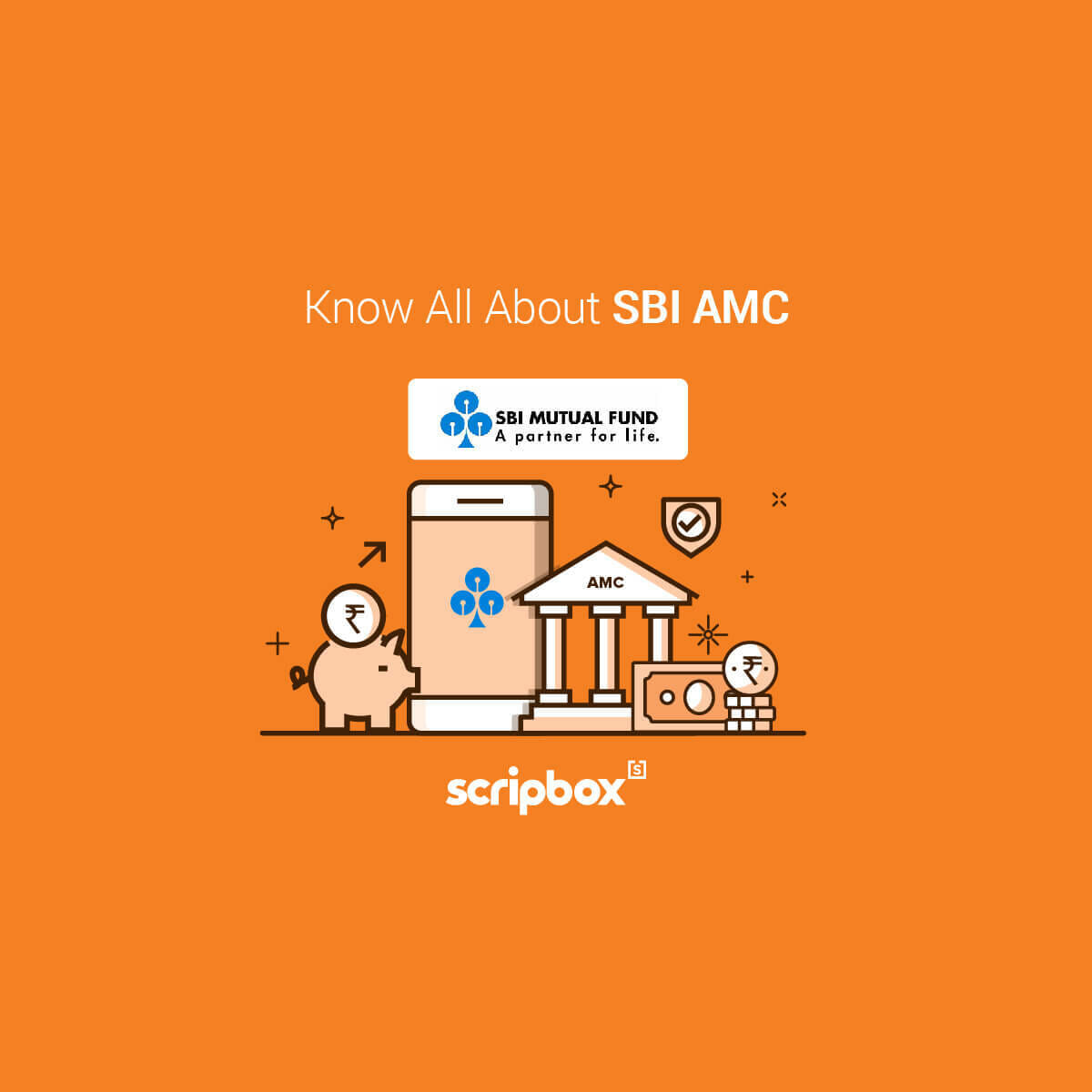When you turn 30, priorities change. You may have a family to look after, and your current salary might not exactly pay the bills for your ideas of a comfortable future. Let’s avoid any untoward situation with a proper plan of action. How? We’ll help you make the right investments and help you with investment planning according to your aims in life!
But before we proceed,
Assess Your Financial Situation
We as individuals have different traits and personalities, and similarly, our financial situation is also quite different from one another. Thus, creating an investment plan is more like picking what’s best for your needs. Before you start investing, you need to assess your financial situation. By financial situation, I mean that you need to analyse where you are at with your responsibilities and independence.
For example, if you already have a family to take care of, you need to consider their priorities in addition to yours. In case you are still a bachelor, you may want to account for all the possible responsibilities that may come your way in the next couple of years. Your 20s would have been more relaxing and stress-free, but responsibilities start to take over once you are in your 30s. In your 30s, the equation is no longer I but rather a We – thus, you need to carefully plan for yourself and your family.
Next, let’s understand how you can start your investment journey and plan where to invest.
How to Invest?
The most challenging aspect of beginning to invest in your 30s is that it often comprises important life events. So, how can you tackle these significant life events while continuing to invest for the future? The objective is financial stability. You must be able to save for both the present as well as for the future. However, this demands additional thought and effort.
A simple way to start investments in your 30s is by defining your goals, setting targets and planning to invest for the long term.
Here are the goals you ought to be planning for so you aren’t stuck later:
1. Emergency Fund
If you already have an emergency fund, you will have to increase the allocation. If you don’t have an emergency fund, you may want to put this at the top of your priority list. Ideally, an emergency fund should be at least six months of your salary. The purpose of an emergency fund is to support you financially during unforeseen events or emergencies. Also, it is important that you do not touch the fund unless it is extremely necessary.
2. Kids Education
A kid’s education can be one of the biggest expenses that require your attention. With skyrocketing education fees, it is wise to start saving early. Create a college fund for your kids from now so that you will not have to compromise on the choice of schools. Providing the best education and life to kids is every parent’s dream. Therefore, plan ahead and create a fund for your kids. You can consider various options for this, for example, mutual funds, Sukanya Samriddhi Yojana, and child plans offered by financial institutions.
3. Retirement
All our lives, we work to earn money, and during retirement, we should aim for it to work the other way. Simply put, the money you save should work for you (generate income) during retirement. For this to happen, you should start investing now. With time on your side (30 years to retirement), you can invest in high-risk avenues to generate significant returns. You can start by investing in equity schemes, gradually reducing your equity allocation, and increasing debt exposure with age. Therefore, by the time you near your retirement age, you can hold the corpus in fixed income-generating schemes. In this way, you will be able to generate a regular monthly source of income to compensate for your salary.
If you are 30 and your present expenses are around Rs. 1 Lakh per month, you would need approximately Rs. 5 Lakhs per month for a similar lifestyle after 30 years. You’d need Rs.11.51 Crores* to manage this lifestyle for 20 years post-retirement.
With a SIP of Rs. 45,000 per month, you’ll be able to manage your post-retirement life comfortably! Depending on your age now, the below section will give you an idea of the wealth you can create with this SIP**.
- Corpus after 30 Years SIP: Rs.15.9 Crores
- Corpus after 25 Years SIP: Rs. 8.5 Crores
- Corpus after 28 Years SIP: Rs. 12.4 Crores
- Corpus after 35 Years SIP: Rs. 29.2 Crores
You can find out the best suitable option for you with the SIP Calculator
*Adjusted inflation of your expenses is assumed to be 5.1%
*We’ve taken an investment portfolio that returns 12% annually to calculate wealth creation.
*All returns are indicative on the basis of past performance. Actual performance can vary.*
4. Buy a House
Living in your own house is everyone’s dream. Buying a house is a capital-intensive affair. You will have to save for its down payment and make allocations to pay off the home loan regularly. To generate a significant sum towards the down payment, you will have to plan for it well in advance. Create a dream home goal and start saving regularly based on the goal amount. It is wise to establish a home goal as early as possible, as you can get better loan rates, have enough time to repay the loan and also create a large corpus for your goal.
Once you have your goals in place and the target amount set, you will have to pick assets that best fit your investment criteria.
Where to Invest?
1. Stocks
For most people with long-term objectives, equities should be an excellent investment. Before investing in any company, be sure to conduct extensive research and recognise that concentrating your assets in a few stocks will likely result in a more volatile portfolio. Furthermore, since markets are extremely volatile, you should not panic looking at short-term market corrections. However, you must always watch your portfolio closely and adjust to the changing markets.
2. Mutual Funds
Mutual funds are schemes that invest in a basket of securities. You can pick funds that suit your investment needs depending on your risk tolerance levels. For example, if you have a high tolerance for risk, you can consider investing in pure equity mutual funds. However, if you have a slightly lower tolerance for risk, you may consider investing in hybrid funds or index funds. You need to have a medium-term investment horizon (at least 3 to 5 years) for these funds. On the other hand, debt mutual funds are a low-risk investment option for risk-averse investors.
3. Fixed Income Schemes
Certain government schemes and bonds generate a fixed return for investors. You may invest in these schemes if you are seeking regular income. These schemes help you generate cash flows on a regular basis. Bonds can be considered high risk, as they are exposed to default and interest risks. Therefore, investors must be aware of the bond ratings while investing in fixed income schemes.
4. Tax Saving Options
A wide variety of investment options qualify for tax deduction under Section 80C of the Income Tax Act, 1961.
Some Examples Include,
- Public Provident Fund (PPF)
- National Pension Scheme (NPS)
- 5-Year Post Office Time Deposit (POTD)
- National Savings Certificate (NSC)
- Equity Linked Savings Scheme (ELSS)
Some of these schemes are backed by the government and hence offer guaranteed returns. While some schemes are market linked and have the potential to generate significant returns in the long term.
5. Child Saving Schemes
Saving for a child’s future is a priority, and investing in the right assets will help you generate the required corpus for the future. You can consider saving towards your child’s future through mutual funds, child plans offered by financial institutions that offer investment cum insurance benefits and Sukanya Samriddhi Yojana (SSY) in case of a girl child. SSY is a government-backed long-term savings scheme that helps you create a significant corpus for your girl child. The scheme investments, as well as maturity amounts, are completely tax-free.
To Conclude
As the popular saying goes: Better late than never! In your 30s, you are more aware of your responsibilities, and you can plan your investments accordingly. At Scripbox, we offer tailored investment options that sync with your life goals. You just sit back and relax and watch how your money increases multi-fold with smart investments.
Discover More
























Show comments